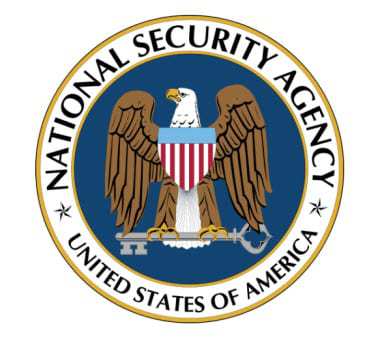Commonly downloaded and used applications may be used to draw user data by the agency.
The very latest in a rash of claims that have been made within the documents that were revealed by Edward Snowden has reportedly been the mobile security news that the NSA – as well as its counterpart in the United Kingdom, the GCHQ – is using apps such as Google Maps, Angry Birds, Twitter, Facebook, and Flickr (to name only a few) to obtain user data.
The intelligence agency has allegedly been using “leaky” apps to be able to pull surveillance data.
Recent reports are showing that a surprising amount of information is being gleaned through these apps that otherwise appear to be quite innocent. The data that is making it through the mobile security barriers and into the hands of those organizations looks to be figures such as the location, daily movements, age, address books, and other details stored on the device.
It appears that this mobile security breach may have been active for some time.
 What was revealed through the spread of the classified documents is that there has been a broad initiative using mobile apps between those two intelligence agencies and that it has been in existence since 2007. They have also exchanged programs for location collection and for data planning when the targeted device uses Facebook, Twitter, LinkedIn or Flickr applications to send pictures or posts, or when Google Maps is being used.
What was revealed through the spread of the classified documents is that there has been a broad initiative using mobile apps between those two intelligence agencies and that it has been in existence since 2007. They have also exchanged programs for location collection and for data planning when the targeted device uses Facebook, Twitter, LinkedIn or Flickr applications to send pictures or posts, or when Google Maps is being used.
In fact, every time the users of mobile devices update their Android, they are actually uploading almost 500 lines of data that can be collected onto the network, providing the NSA with what they allegedly refer to as “Golden Nugget”. The leaked Snowden documents do not provide a clear indication as to how the agencies go about using the leaky apps for data collection. They also do not say whether or not the creators of the apps were actually cooperating with this effort.
That said, there has been a considerable response to this mobile security revelation, particularly after other NSA cell phone surveillance methods have been broadly debated and recently called into question.
